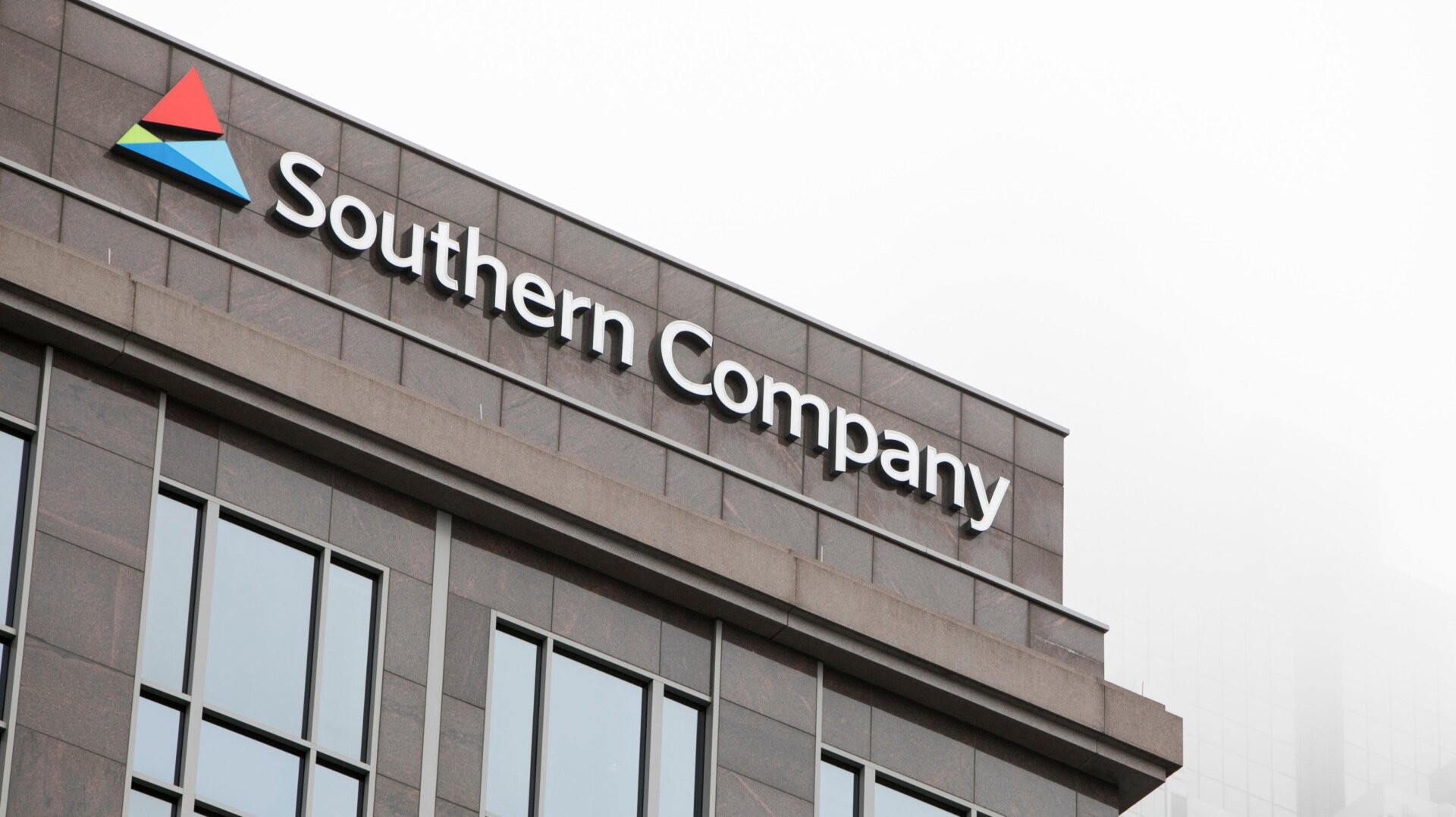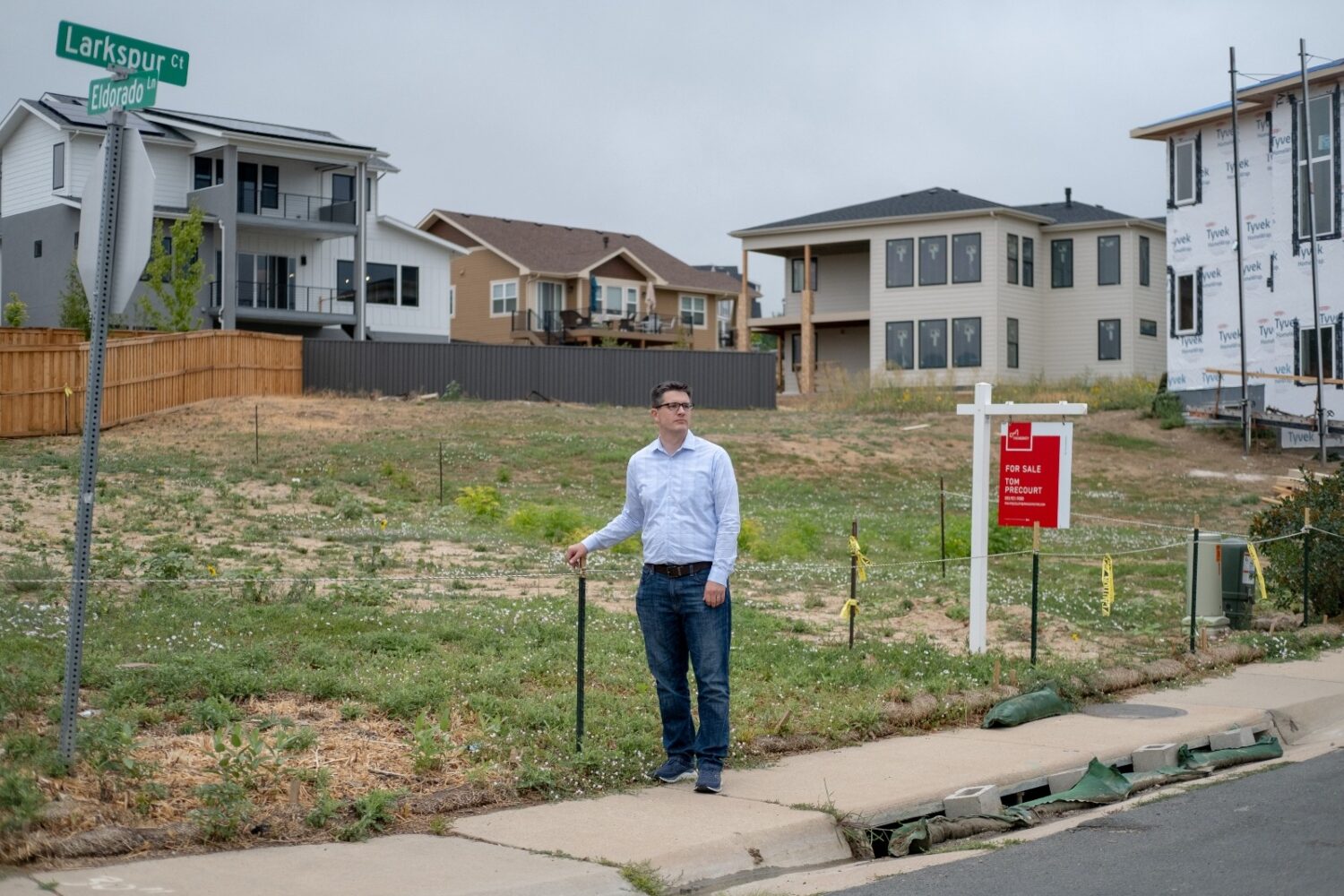One of the largest and most profitable electric utility companies in the U.S. knew about climate change for decades and yet continued to build fossil fuel facilities while funding groups that contribute to climate misinformation, a report released Wednesday has found.
Executives at Southern Company, which serves 9 million customers across six states, had been involved in discussions about the impact of carbon dioxide on the atmosphere as early as the 1960s, the report from utility watchdog group the Energy & Policy Institute found.
“The report builds on the evidence Southern Company knew that it risked accelerating and locking in harmful climate change in the future when it chose to spend millions of dollars backing efforts to undermine public acceptance of climate science and slow the transition to clean energy,” Dave Anderson, the author of the report and a policy manager at the Energy & Policy Institute, told Earther in an email. “Those efforts were unfortunately successful. Today, we live in a world where some harmful climate change is now locked in, and scientists are increasingly able to attribute damaging extreme weather events like heat waves and storm surges to climate change caused by the burning of fossil fuels.”
The report uses archived documents, including Securities and Exchange Commission filings from Southern Company, as well as documents previously recovered in other investigations and litigation to compile a timeline of Southern Company’s involvement in climate research. As early as 1964, the president of the utility—then called Southern Services—was a technical reviewer on a White House report that recommended additional research into the effect of CO2 pollution in the atmosphere.
Things heated up in the 1980s, when Southern Company was warned in publications by scientists and the federal government about the potentially catastrophic impacts of climate change. An executive from the company even co-chaired a panel at the 1985 Air Pollution Control Association meeting that discussed the impacts of other greenhouse gasses like methane and discussed how energy conservation and renewable technologies could help slow skyrocketing levels of CO2.
Nevertheless, despite increasing public calls for climate action after the 1980s, Southern Company “established itself as a driving force behind climate disinformation” in the next few decades, the report says. The company has been a key player and funder for decades in utility lobbying groups like the Edison Electric Institute, which has been a powerful machine to help the utility industry spread climate denial.
In a statement to Earther, a spokesperson for Southern Company said:
“We are proud of our progress in reducing our GHG emissions nearly 50% relative to 2007 levels and remain focused on transitioning our generating fleet and making the necessary related investments in our transmission and distribution grids. Recent announcements include proposals to reduce by 88% from 2007 levels the number of coal units in our system by 2028. … In addition to focusing on carbon emissions from our generating fleet, we continue to invest in infrastructure and technologies to further reduce methane and other GHG emissions from our natural gas businesses. We support groups, associations and research efforts that are paving the way for cutting-edge, carbon-free technologies and are focused on developing constructive, durable carbon policies that will help facilitate the net zero transition.”
A representative from the company also sent a link to a report from a separate nonprofit watchdog questioning the funding sources of the Energy & Policy Institute.
In one example from the mid-1990s, Southern Company’s “satellite television network was used to target teachers in states around the country with workshops that promoted coal industry talking points on climate change and the environment,” Anderson said.
The denial has lasted through the decades: in 2017, CEO Thomas Fanning claimed on CNBC that climate change has been “happening for millennia” and denied that CO2 was primarily responsible for climate change. (Fanning is also the highest-paid utility executive in the country, receiving almost $28 million in 2019.)
Southern Company was also the owner of one of the nation’s most high-profile, and expensive, fossil fuel failures: the Kemper facility in Mississippi. The plant was originally intended to be an example of the promises of “clean coal,” using carbon capture and storage, but the technology proved so cumbersome and expensive that the project was axed without ever coming online—after years of construction and billions of dollars in delays shunted on to ratepayers. The investment in the Kemper plant was made even though experts at that 1985 panel warned that CCS wasn’t an effective method to slow climate change.
This report is the latest in a series of investigations over the past few years into what powerful companies, including utilities, carmakers, and oil companies, knew about climate change in previous decades and how they participated in spreading climate denial. A utility like Southern Company may not have the same name recognition as a company like Exxon, but utilities are arguably more powerful, thanks to their control of the electric grid.
As the U.S. saw last year when utility interests swayed Joe Manchin to nix an important climate provision in the Build Back Better bill, powerful utilities can exert their will on lawmakers to stop climate action. Many utility companies are also continuing to charge ratepayers for building out fossil fuel infrastructure, despite public proclamations about climate.
In recent years, Southern Company has put forward a seemingly greener foot, pledging to reach net zero by 2050—although those plans lean heavily on unproven technology, and it’s continuing to build new gas plants, despite the fact that the world needs to stop building new fossil fuel infrastructure immediately to stave off the worst impacts of warming. But as this report shows, it may be far too little too late.
“Who will be responsible for paying for the damage done to our climate?” said Anderson. “Will it be the strong majority of everyday consumers and taxpayers who have long supported prioritizing the development of clean energy sources, like wind and solar power, over fossil fuels? Or will it be the profit-seeking companies that knew the climate risks of burning fossil fuels long ago, did everything in their power to slow the transition to clean energy, and continue to be top sources of greenhouse gas emissions?”














